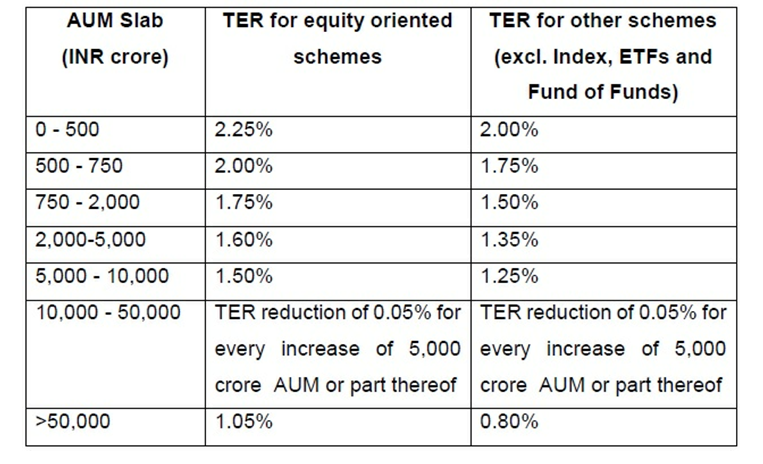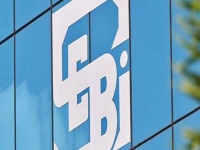SEBI has today asked fund houses not to pay upfront commission to mutual fund distributors. In fact, the market regulator has asked fund houses to follow all-trail model to compensate their distributors.
The market regulator has clarified that fund houses will have to pay such commissions from scheme and not from AMC book. In addition, SEBI has asked fund houses not to do upfronting of any trail commission. However, fund houses can do upfronting of trail commission on SIPs subject to fulfilment of pre-defined conditions.
In a press release, SEBI said, “All commission and expenses, etc. shall necessarily be paid from the scheme only and not from the AMC/Associate/Sponsor/Trustee, or any other route. Further, the mutual fund industry must adopt the full trail model of commission in all schemes without payment of any upfront commission or upfronting of any trail commission. A carve out has been provided for upfronting of trail commission in case of SIPs subject to fulfilment of certain conditions.”
On TER structure, SEBI has introduced fresh AUM slabs and given a roadmap to fund houses on how they can make changes to their TER based on asset size of the scheme.
While the market regulator has capped TER at 2.25% in equity funds and 2% in other than equity funds, SEBI has followed economies of scale to reduce TER systematically.
Here is the TER for open ended schemes

Similarly, fund houses cannot charge more than 1.25% in close end equity funds and 1% in close end debt funds. SEBI has also asked fund houses to charge a maximum TER of 1% on passive funds such as index funds and ETFs.
On fund of funds (FOFs), SEBI has said that FOFs investing in liquid, index and ETFs cannot charge over 1%. On the other hand, FOFs investing primarily in actively managed funds can charge up to 2.25% in equity funds and 2% in other than equity funds.
SEBI said that the slab wise limits of TER were introduced in 1996 and observed that over time, there have been varying practices in the industry with respect to charging of expenses and payment of commissions. SEBI said, “The Board took note of the benefits of the proposal with respect to sharing of economies of scale, lowering the cost for mutual fund investors, bringing in transparency in appropriation of expenses, and reducing mis-selling and churning.”
SEBI has also clarified that additional expenses of 30 bps for penetration in B30 cities is applicable only if assets come from retail investors. “The additional incentive shall be permitted for inflows from individual investors only and not on inflows from corporates and institutions. Further, the B-30 incentive shall be paid as trail only,” SEBI said.
The market regulator has also asked fund houses to disclose performance of their schemes against its total return index benchmark on AMFI website.








